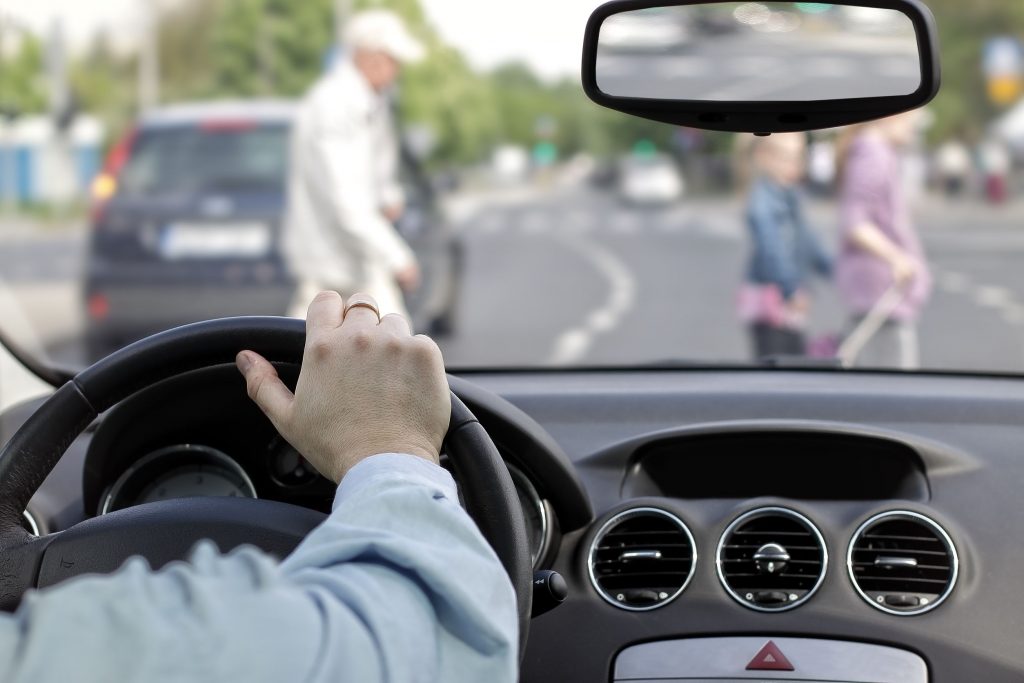
No one wants to make a hard moral decision, but have you ever thought what would happen if a machine could make one for you? The idea becomes even more interesting, it seems, when that decision could be the difference between life and death.
A study was recently published that shed light on how people would want a driverless cars to react in a morally uncertain situation. Researchers questioned 2,000 people and asked them: if you were inside of a driverless car, and you were inevitably going to either run into a group of pedestrians and kill them or swerve out of the way and kill all of the car’s passengers, which would you prefer the car do?
About 70 percent of the respondents said that they would prefer the car to swerve and save the pedestrians who were greater in number than the passengers. Several different scenarios were used during the survey, and variables were altered such as who was riding in the vehicle with you, the size of the group you would hit, the number of passengers who rode with you, etc. In general, people favored self sacrifice over killing someone else.
However, what is interesting about this study is that more people also said that they would prefer to buy a vehicle that would save their own lives, instead of the pedestrians.
“You can recognize the feeling. It’s the feeling that I want you to do something, but it would be great not to do it myself.” said Jean-Francois Bonnefon, co-author of the study.
According to the Center for Disease Control and Prevention (CDC), over 35,000 deaths and millions of injuries occur annually in traffic collisions in the United States. Using autonomous cars may eliminate human error while on the road, a factor that accounts for 90 percent of car collisions. Despite this fact, the researchers who conducted the study say that having this moral dilemma could “put a barrier to [autonomous cars’] wide adoption.”
Furthermore, it is predicted that these situations will be inevitable if autonomous cars become mainstream. They “will have to choose between two evils” as stated in the study’s abstract. While it is emotionally difficult to give up the ability for a human driver to make those decisions, it seems that it may be worth it to keep autonomous cars on the road should they prove to reduce traffic casualties. It will be interesting to see how the public’s view of self-driving cars evolves over time – especially the public’s view of how computers deal with moral dilemmas such as these.















